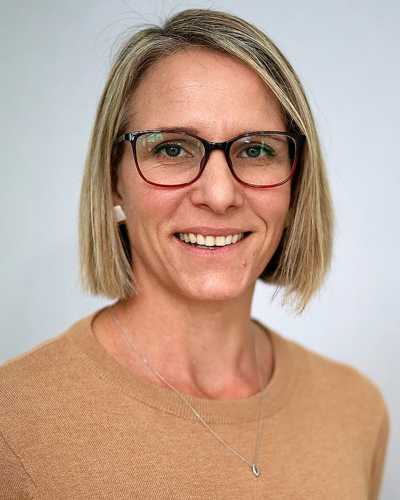Now published, see the full article 
Early Abstract:
Introduction: Distributed training of students from a variety of health professions is increasing in South Africa due to the type of learning it offers as well as catering for the increasing number of students being accepted into health sciences programmes. Challenges and facilitators to distributed training are well documented in the literature, which include increased distance from the academic home, human resources for health challenges, student access to support systems and identifying learning environments to match learning outcomes. In the case of the Rural Clinical School in the Western Cape, South Africa, ‘academic coordinators’ were employed on site to fulfil the role of coordinating and supervising student learning and community engagement. This paper explores their experiences.
Methods: A large-scale qualitative study was conducted in 2017 exploring the history and development of the Ukwanda Centre for Rural Health and the Rural Clinical School. Part of this study included semi-structured individual and focus group interviews with consenting academic coordinators exploring their experiences of developing and working on a rural distributed training platform in South Africa. Data were inductively analysed. Ethical approval and institutional permission were obtained for this study and all participants provided consent.
Findings: In addition to previously published challenges that clinical supervisors who are employed by the health system face, the academic coordinators also reported facing challenges related to professional isolation, boundary blurring between providing student support vs acting as clinical educator, juggling multiple line-managers and administrative responsibilities, navigating the new field of academia, and not having the potential for career progression.
Conclusion: Reflecting on the needs of academic coordinators expressed in this paper, the authors identified four conditions that may promote sustained and continuous academic coordination at rural or remote distributed training sites. These conditions are: (1) living and working local; (2) having a dual role in academia and the health system; (3) having access to academic support; and (4) regular engagement with the academic home, the value of which is detailed in the article. These recommendations can be adopted to optimise and sustain academic engagement on the distributed training platform especially in light of the current expansion of health professions training and subsequent need to attract and retain clinician-academics in remote locations.


